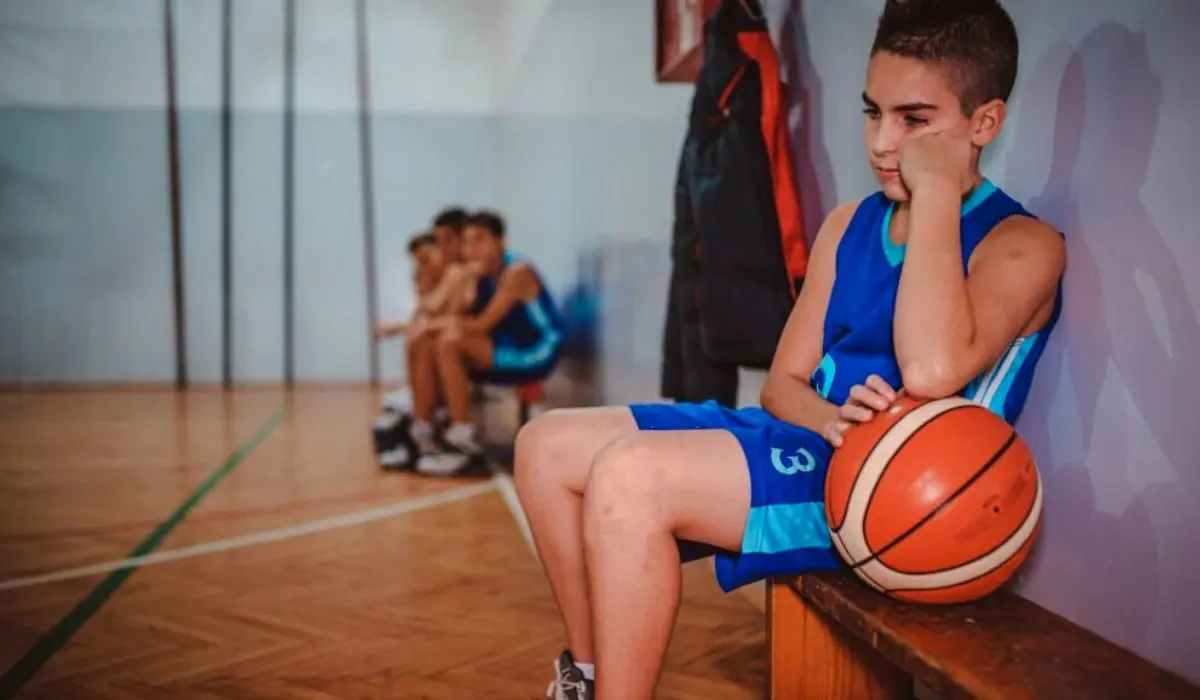Mental health is a crucial aspect of an athlete’s overall wellbeing. It is a common fact that mental health is an overlooked factor in the sports realm. An athlete needs to be physically fit and mentally strong. Mental health provides a balance between their athletic pursuits and personal lives.
If you are a young athlete or a parent of an emerging sports athlete, understanding the role of mental health in athletic performance will help you get a clear picture of how to make the right career choices to advance in your sports field. Read along to learn more about the captivating relationship between the mental health of young athletes and their performance.
Benefits Of A Healthy Mind In A Young Athlete
Establishing yourself as an aspiring athlete demands a lot of pressure. If you are an aspiring young athlete, you need to overcome several obstacles and hurdles to emerge as one of the best athletes. A strong mind will prepare a young sportsperson to achieve heights of success.

Nobody indeed is immune to mental health challenges. Since the world of sports is full of competition and challenges, athletes are prone to several psychological and mental health issues. Some of the common challenges faced by young athletes include,
- Personality issues
- Inability to cope with the sports team
- Bullying
- Inability to mentally cope with an unexpected injury
- Eating disorder
- Depression
- Stress disorders
- Anxiety disorders
- Sleep disorders
- Attention Deficit hyperactivity disorder(ADHD)
- Fear of failure
- Unable to handle pressure situations
- Issues with focusing
- Suicidal thoughts
Altogether young athletes have numerous mental health issues. However, it is possible to reduce all these issues with needed help. There are various approaches to help young athletic minds to overcome mental health challenges, some of the common methods include,
- Early recognition and education: The first step to overcoming mental health challenges is recognizing all the mental health issues. Giving awareness and education to parents, coaches, and athletes about the signs and symptoms of mental health issues such as depression, anxiety, personality disorder, or stress disorder will provide a space for open communication. Athletes can express their concerns and fears without bothering others.
- Professional support: All sports healthcare teams have a mental health professional with them. Sports specialists and counselors can provide necessary guidance and therapeutic interventions tailored to athlete’s specific needs.
- Stress management and coping strategies: Stress is an unavoidable element of athletic life. Learning stress management techniques will help young athletes manage the pressure of competition, and stress related to unexpected events and injuries or personal challenges.
- Supportive team: Coaches play a vital role in creating a supportive team environment. Coaches should try to foster a healthy environment within the team, where athletes can feel valued and supported.
- Reduce performance pressure: The sports field is a highly competitive sector, and pressure is an inevitable part of it. High expectations on the part of parents and coaches may pressure athletes.
A collaborative effort between parents, coaches, and sports healthcare teams will be able to build strong-minded young athletes.
A young athlete needs to feel inclusive while discussing mental health issues. It is important to normalize the discussion of mental health among the team. A healthy sports environment can fix the major problems faced by young athletes. A healthy-minded athlete has the following advantages,
👉 Optimal Performance
A healthy mind can enhance the focus, decision-making, and confidence of the athlete. It will lead to better performance. So, as you train your physical body, do not forget to train your mind.
👉 Resilience
A young athlete faces challenges and pressure from high-stakes competitions. Mental health resilience enables athletes to cope with setbacks, stress, or injuries.
👉 An Extended Sports Career
Mental health maintenance can prolong an athlete’s career. Prioritizing mental health can lead to enhanced performance, good relationships with teammates and coaches, and the ability to stay focused. The reasons behind many early retirements in the sports field are burnout, anxiety, and depression. The healthy-minded athletes may not face these issues.
👉 Recovery
Mental health and physical health share a sacred bond. If you want to return to play after as soon as possible you should train your mind to face injuries boldly. Physical recovery takes longer if you have a weak mental health.
👉 Holistic Well-Being
Healthy mind can improve overall well-being of an athlete. Improved mental health inspire an athlete to push the limits. It will help to sustain balance between personal and professional life.
Read More:- Mindfulness And Meditation For Athletes – Benefits Of Sports Meditation
Conclusion
Open communication, professional help, stress management supportive team environment, and reduced pressure can lower the chances of mentalhealth problems in young athletes. If you want to help a young athlete to reach their highest potential, addressing these aspects will ensure the enhancement of performance. Building strong minds in young athletes needs comprehensive approaches.